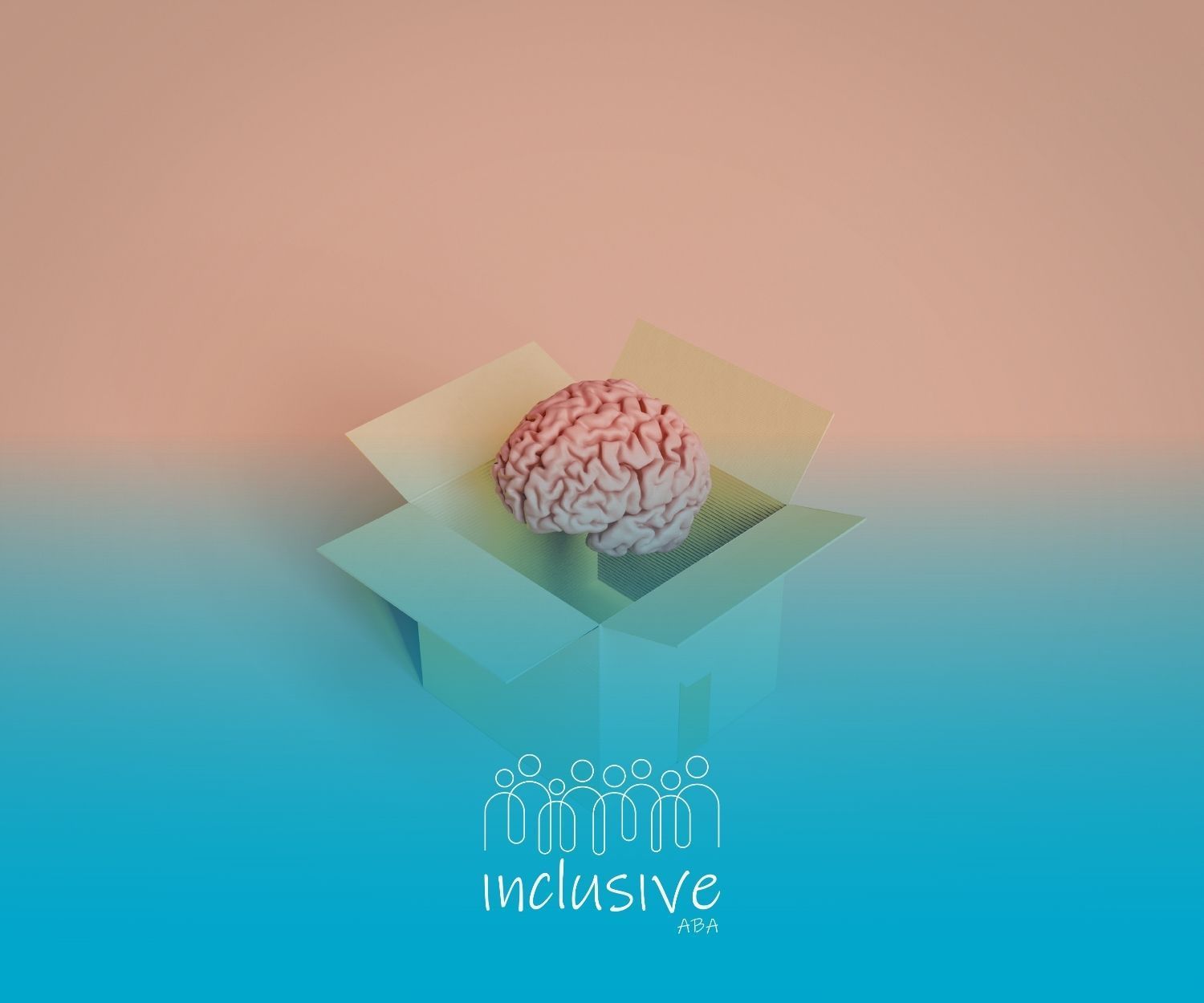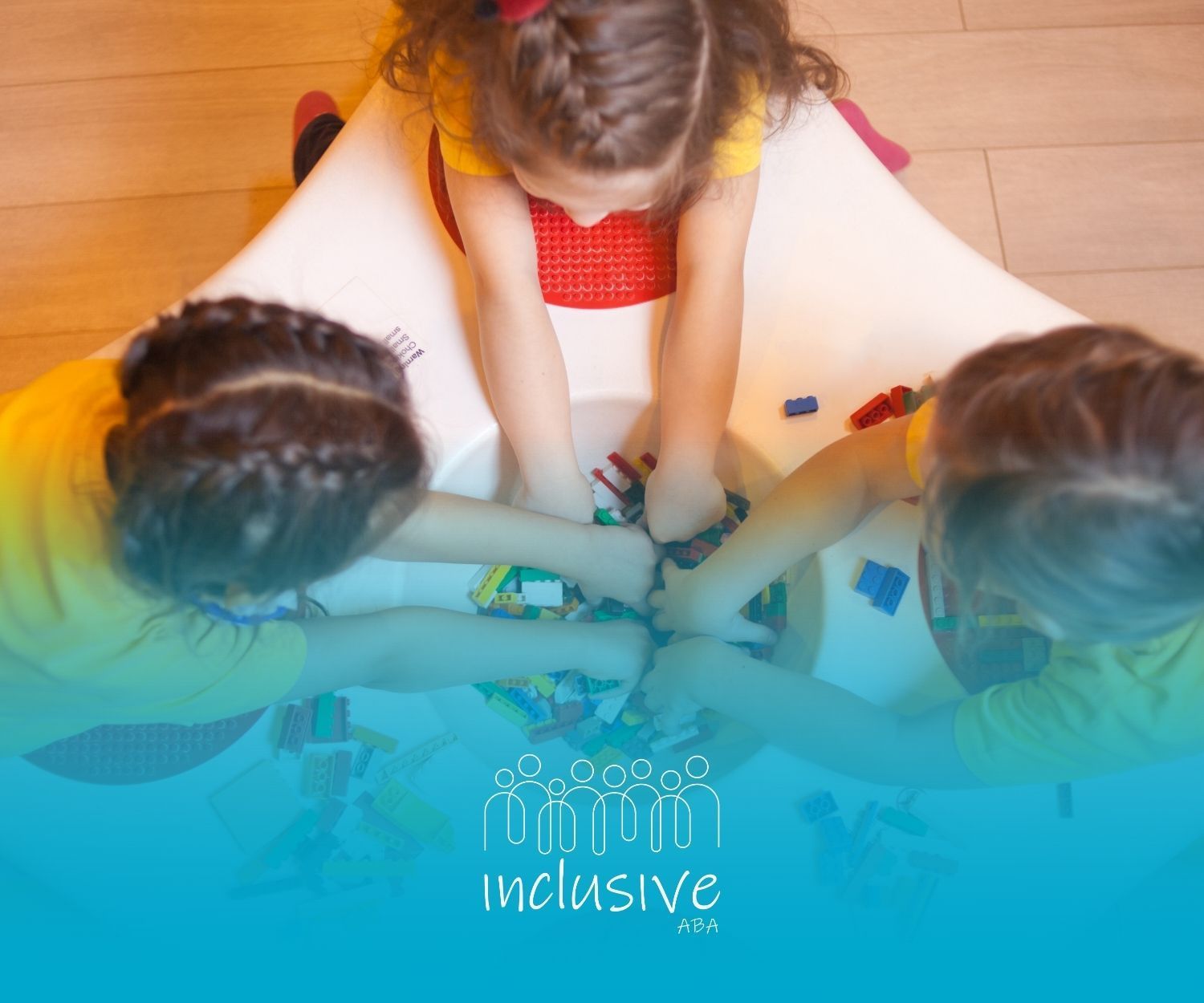Recognizing Autism Spectrum High Intelligence in Young Minds
Children with autism spectrum high intelligence often display remarkable cognitive talents alongside core autism traits. Early recognition of these abilities can shape tailored educational and therapeutic approaches, helping each child thrive. This article reviews defining features, neurological insights, practical strategies, and supportive resources for families, therapists, and educators working with young minds in Nevada, Nebraska, and Colorado.
Defining High IQ Autism
Autism Spectrum Overview
Autism spectrum disorder involves diverse challenges in social interaction, communication, and sensory processing. Individuals share a broad range of abilities, from nonverbal to highly verbal, with varying cognitive levels. In recent years, research highlights a substantial subgroup with exceptionally high intelligence.
Criteria for Gifted Range
An
IQ score above 130 places a child in the gifted range while core autism symptoms remain present. These children often excel in areas like math, logic, or art, yet face typical autism-related hurdles. Understanding this dual profile is essential for accurate assessment and support.
Identifying Early Indicators
Cognitive Strengths in Childhood
Children with gifted-range autism may:
- Recall details with remarkable precision
- Solve complex puzzles or problems rapidly
- Become intensely focused on specific topics
These early talents can surface as young as preschool age, but they may hide behind social or sensory struggles. How can clinicians and educators spot these talents amidst typical autism symptoms?
Social and Sensory Cues
Alongside cognitive gifts, these children often experience:
- Sensory sensitivities to lights, sounds, or textures
- Difficulty reading social cues or engaging in reciprocal play
- Strong need for routine and predictability
Recognizing this combination of high ability and autism traits helps professionals design balanced interventions that nurture strengths while addressing challenges.
Cognitive and Neurological Insights
Brain Structure Correlates
Neuroimaging studies link autism with high intelligence to some of the following features:
- Larger overall brain volume and head circumference
- Thicker cortex in certain regions, supporting advanced processing
- Increased hippocampus size, tied to exceptional memory
These structural differences often reflect higher neuron counts and enhanced local processing capabilities.
Genetic Associations
Recent genetic research suggests substantial allele overlap between autism risk and high intelligence markers. Many “autism” alleles also contribute to cognitive strengths, indicating a complex interplay rather than a simple deficit model.
Educational Strategies
Individualized Plans in Schools
Individualized Education Plans (IEPs) should integrate cognitive enrichment along with autism supports. Key elements include:
- Goals for advanced problem-solving or creative work
- Social skills objectives to improve peer interactions
- Sensory accommodations, such as quiet corners or noise-cancelling headphones
By addressing both gifted needs and autism challenges, educators foster balanced development.
Classroom Accommodations
Effective classroom adjustments often involve:
- Offering extension activities for topics of interest
- Structuring lessons with clear, visual schedules
- Allowing movement breaks or sensory tools during tasks
These practical steps help maintain engagement and reduce overwhelm.
Therapeutic Interventions
Applied Behavior Analysis
Applied Behavior Analysis (ABA) uses structured techniques to improve communication, social skills, and executive functioning. Personalized plans build on each child’s problem-solving strengths, promoting flexible thinking and adaptive behaviors.
Early Intensive Behavioral Intervention
Early Intensive Behavioral Intervention (EIBI) targets both cognitive and adaptive skill growth. Studies report significant IQ and behavior improvements after 12 months of consistent EIBI.
Social Skills Training
Social Skills Training (SST) offers repetitive practice in key areas like conversation skills and nonverbal understanding. Over a few weeks, participants often show measurable gains in peer engagement and confidence.
Intervention Comparison Table
| Intervention | Focus Areas | Typical Duration |
|---|---|---|
| Early Intensive Behavioral Intervention | IQ increase, adaptive behaviors | ≥ 12 months |
| Early Start Denver Model | Social communication, daily living skills | 3–12 months |
| Social Skills Training | Peer interaction, nonverbal cues | Weeks |
| Telehealth Diagnostic Tools (TELE-ASD-PEDS) | Remote early evaluation | As needed |
Supporting Families and Educators
Role of Parents and Caregivers
Parents bring vital insights into their child’s unique profile. Collaboration looks like:
- Sharing observations about interests and sensory triggers
- Participating actively in therapy sessions
- Advocating for enrichment opportunities at school
Acknowledging parental expertise ensures interventions feel personal and practical.
Collaboration with Professionals
Close teamwork among ABA therapists, occupational therapists, speech pathologists, and educators builds a cohesive support network. Regular meetings and shared progress tracking align goals and reinforce successes.
Future Directions
Emerging Research
Ongoing studies explore how specific autism-linked genetic factors contribute to cognitive strengths. Better understanding of brain connectivity patterns may lead to targeted strategies that amplify talent while addressing social or sensory issues.
Diagnostic Innovations
Refining diagnostic tools to detect high intelligence in autism remains a priority. More sensitive assessments can reduce late or missed diagnoses among highly capable individuals, enabling earlier intervention.
Conclusion
Recognizing high intelligence within the autism spectrum transforms how families and professionals approach support. By combining rigorous assessment, enriched education, tailored therapies, and strong collaboration, each child’s potential becomes clearer. Continued research and evolving diagnostic tools promise even better outcomes in the years ahead. Readers are encouraged to discuss these insights with their care team and share experiences with local support groups to foster collective growth.
Inclusive ABA offers personalized ABA therapy in Nevada, Nebraska, and Colorado, focusing on children’s strengths and high intelligence within the autism spectrum. Our team works closely with families to provide customized support that enhances development and learning.
Contact us today to begin a tailored approach that helps your child thrive and achieve their fullest potential.
Frequently Asked Questions
How can ABA therapy help children with high intelligence and autism?
ABA therapy can be tailored to focus on the unique strengths and abilities of children with high intelligence. It emphasizes communication, social skills, and behavioral strategies that foster independence and academic success.
What are the benefits of early intervention for children with autism?
Early intervention helps maximize a child’s potential by addressing developmental challenges early on. It supports skill development, behavioral regulation, and social interaction, leading to improved long-term outcomes.
What types of therapy are most effective for children with autism and high intelligence?
A combination of ABA therapy, educational support, and specialized interventions like speech and occupational therapy can address both cognitive strengths and developmental challenges, leading to more personalized and effective outcomes.
SOURCES:
https://pmc.ncbi.nlm.nih.gov/articles/PMC4927579/
https://pmc.ncbi.nlm.nih.gov/articles/PMC10916907/
https://pmc.ncbi.nlm.nih.gov/articles/PMC9058071/
https://iacc.hhs.gov/publications/report-to-congress/2022/research.shtml
https://www.cdc.gov/mmwr/volumes/74/ss/ss7402a1.htm
Looking for Expert Help? We're Here for You!
Our compassionate and skilled team is devoted to enhancing your child's development through customized ABA therapy. Let us partner with you to create a supportive environment for your child's success.
Discover how we can help your family thrive with expert ABA therapy.
Related Posts







